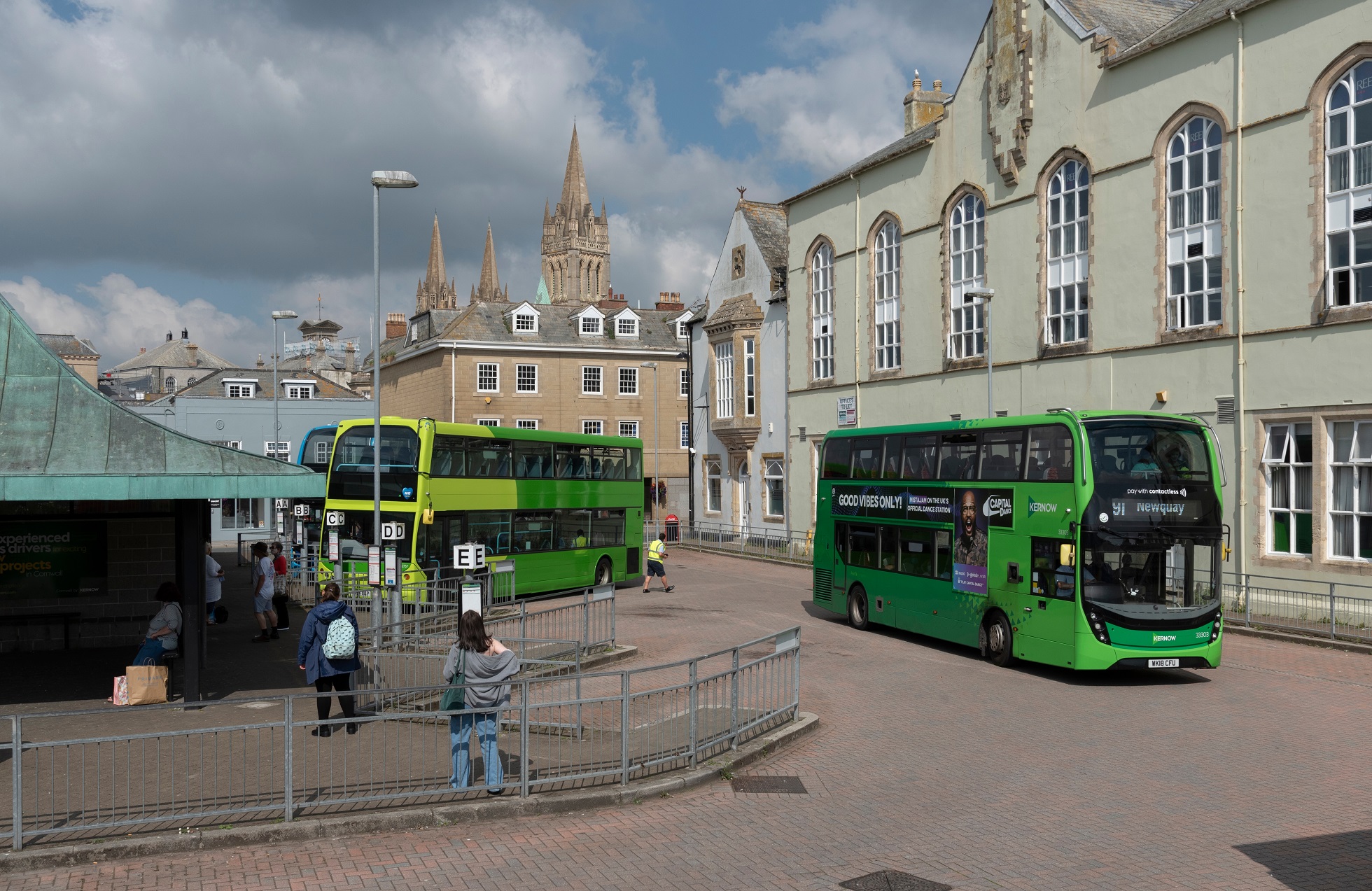Bus Service Improvement Plan Plus (BSIP+) and Bus Service Operators Grant Plus (BSOG+) schemes will distribute the £300 million of funding that has been allocated to directly supporting bus services in England via the government’s longer-term approach.
Under-Secretary of State for Transport Baroness Vere told the House of Lords of the plans on 17 May. The money will be split equally across two periods: One for June 2023 to April 2024, and the other for April 2024 and April 2025.
The £160 million for local transport authorities (LTAs) will go to BSIP+ work. Notably, that approach “will be focused on communities that did not previously benefit from BSIP allocations,” Lady Vere says. The BSIP+ approach will empower LTAs “to make the call on how services are planned and delivered.”
50% of BSIP+ value will be allocated via tendered mileage, weighted by metrics of deprivation and car ownership. The remainder will be based on population, weighted by delivery confidence. Deprivation and car ownership are included in calculations “to make sure that [funding] is going to places that need it most,” she continues.
In an indication that the BSIP+ mechanism will differ from the established BSIP process, Lady Vere notes that it will allow LTAs to decide which services to tender. Under the BSIP mechanism, money cannot be used to support existing routes.
Delivering further detail on BSIP+ policy, she notes that in addition to a focus on LTAs that received no funding previously, the new stream will capture those that did gain BSIP money but with a low per-capita allocation. The £140 million of BSOG+ money will go direct to operators.
Hinting that further long-term service support will follow the new arrangement, Lady Vere adds that the government will consult with operators and LTAs “on measures to modernise and futureproof bus funding in the longer-term.”
Bus Fare Cap Grant – which will receive £200 million from the government’s £500 million package – will run to 30 November 2024, albeit with the cap rising to £2.50 from 1 November 2023. “We will also undertake a review of bus fares at the end of November 2024 to support the sector in moving to a sustainable footing,” Lady Vere notes.
Despite November 2024 being the official position on that review, it is possible that the work may take place earlier given the likelihood of a General Election late next year. Details of what the review will involve are likely to become apparent in spring 2024.
However, before the review can commence, other reforms need to be completed. The long-overdue overhaul of BSOG “will be key” to that, Lady Vere explains. It is likely to begin later in 2023, as is work around the calculation of concessionary reimbursement.
Despite the additional money, Baroness Taylor told the Lords that it is “yet another enormous cut” to bus funding. In accusing the government of having broken “every promise on buses,” she says that the latest settlement represents 23% less than previous rounds of recovery funding. Such claims drew a typically robust response from Lady Vere.
Full transcript of the Lords session here.

























